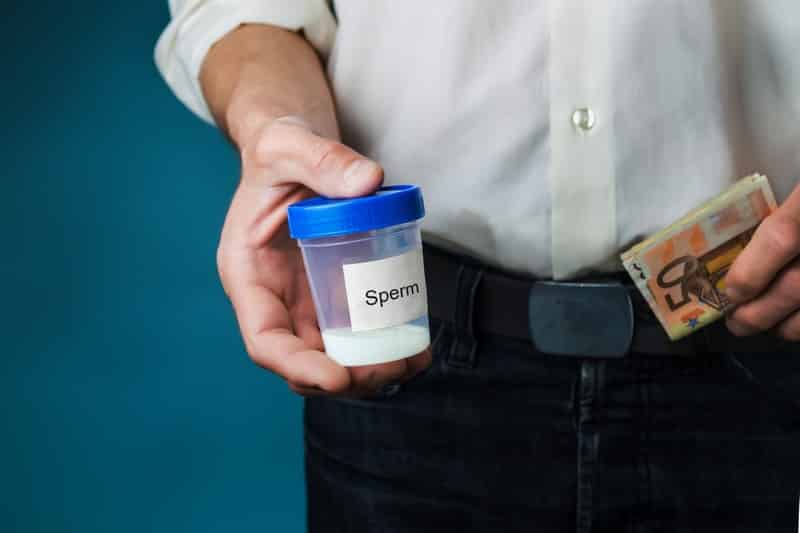Sperm Production

The male reproductive system is adapted to generate, store, and transport sperm. In contrast to female genitalia, male reproductive organs are external and internal to the pelvic cavity. The testicles are responsible for sperm production. After a man reaches puberty, his body produces millions of sperm cells every day; each one is roughly 0.05 millimeters (0.002 inches) in length. The testes are equipped with a network of little tubes. The germ cells transformed into sperm by hormones like testosterone are stored in tubes called seminiferous tubules.
A man’s testosterone levels are considered low when they fall below the “normal” range. It may affect fertility in two ways: by decreasing sperm production, decreasing sex desire, and perhaps producing erectile dysfunction. Healthy levels of testosterone can increase the stimulation of sperm production. A sufficient number of sperm is often required to succeed in a natural conception attempt. Though conception requires just one sperm and one egg, having a larger quantity of quality sperm can boost overall monthly pregnancy odds. Moreover, sperm count could be a good indicator of overall health.










